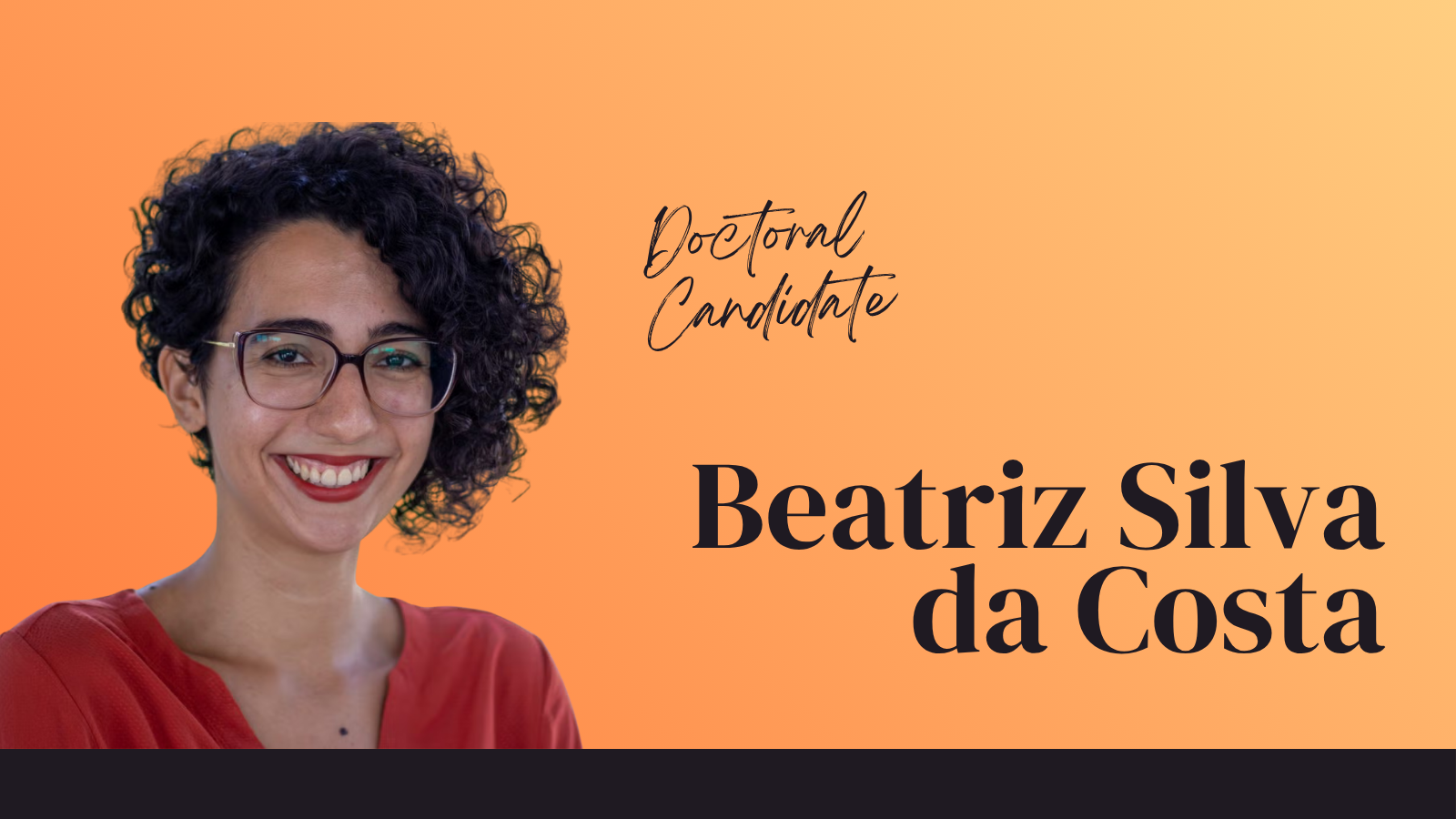Introducing Doctoral Candidate Beatriz Silva da Costa
By Alexandra Hamilton (SFS ’28) —
Beatriz Silva da Costa is a Ph.D. candidate in the Department of Politics at the University of Virginia. She is also a Pre-Doctoral Fellow at the School of Foreign Service, working with Professor Marko Klasnja , and one of the newest members of the Mortara Center community! Her research focuses on Latin America, with substantive interests in bureaucracy, governance, and the political economy of corruption.
What is your research about?
My primary research explores whether and under which conditions political power is converted into favoritism in public procurement—and how institutional design can blunt it. Focusing on Brazil, I leverage a natural divide between standardized auctions run by career civil servants and more malleable procedures overseen by politically appointed officers to show that donor advantages persist where discretion is politicized but fade where rules are standardized. I pair large-scale administrative data with text-as-data tools that detect strategic tender language that can quietly tilt competitions while remaining lawful. I also examine how market structure and social ties in oversight bodies shape these dynamics. The goal is both diagnostic and practical: identify the precise discretion points where favoritism thrives and develop evidence-based tools that governments can use to target reforms beyond campaign-finance rules.
How did you become interested in your topic?
I became interested in this topic by living its contradictions. I grew up in Brazil, relied on public schools, and — thanks to my parents’ support and hard work — became the first in my family from all generations to pursue a PhD. Access to public education was transformative for me, even as it was often precarious. My hometown hosts one of the world’s largest hydroelectric plants; despite millions in royalties, classrooms and clinics frequently lacked basics. That gap made me ask where revenue is translated—or lost—between law and delivery, and who benefits. I study how money, institutions, and relationships interact—from donor firms and mayoral incentives to the legal framework and kinship networks in oversight bodies—and I build practical tools to help governments detect and deter corruption system-wide.
How have you liked being at the Mortara center? What are some ways the Center has supported your work?
I’m really enjoying the Mortara Center. My primary role is working with Marko Klašnja on a project about procurement and politically connected firms around the world. I’m learning a ton: how to design measures that travel across countries, handle messy administrative data at scale, tighten causal identification when institutions differ, and set up reproducible pipelines. Around that, the weekly research seminars are super interesting, and the day-to-day exchange with professors and students (in workshops or just in the hallway) keeps my work grounded. Getting exposed to agendas from development to regulation to political behavior is stretching how I frame questions and explain mechanisms. And I have to shout out the building’s administrative team! Their behind-the-scenes work keeps the center running smoothly and makes all of this possible. I am very glad to be here.
How are you enjoying living in DC? And what would be some of the things you still want to try or do in DC?
I love it. D.C. is perfect for biking, sports, and long trail days, and I’ve really enjoyed meeting people across policy and academia – plus there’s a great Brazilian and broader Latin American culture scene I’m tapping into. I’m out on the trails and on my bike a lot, and I take my dog on long city walks and hikes. Still on my list: C&O Canal Trail to Harper’s Ferry!
What is your favorite way to spend your spare time?
Outdoor activities, such as biking and volleyball! If I’m indoors, it’s ice cream, movies, and catching up with friends.


